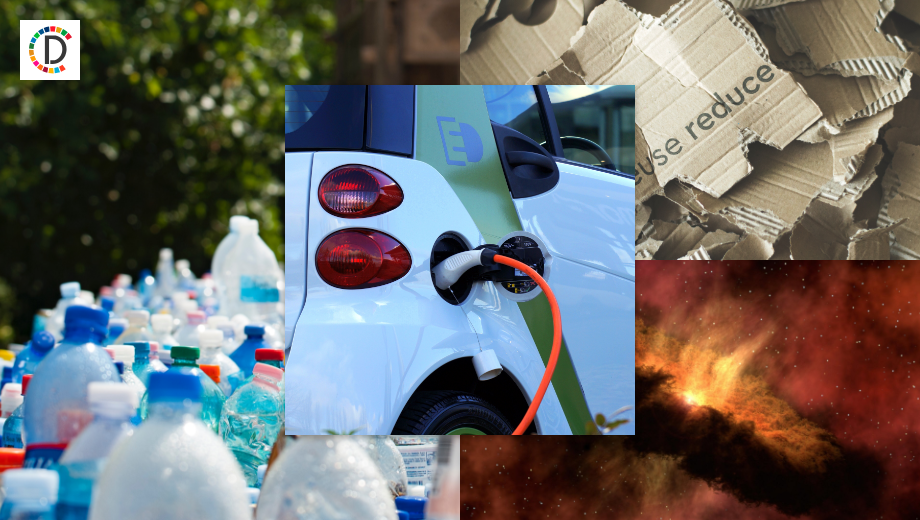EU countries must act together in energy crunch - chairman
Michel will chair talks of the 27 national EU leaders twice in October on the crisis, caused by rocketing gas prices and reduced supplies from Russia as it wages war against Ukraine. The EU executive has proposed raising more than 140 billion euros (dollars) to shield consumers from soaring prices by skimming off revenues from low-cost electricity generators and making fossil fuel firms share windfall profits.

European Union countries must act together to address the acute energy crunch driven by soaring prices, from cutting electricity consumption to jointly buying gas, European Council President Charles Michel said on Friday. Michel will chair talks of the 27 national EU leaders twice in October on the crisis, caused by rocketing gas prices and reduced supplies from Russia as it wages war against Ukraine.
The EU executive has proposed raising more than 140 billion euros (dollars) to shield consumers from soaring prices by skimming off revenues from low-cost electricity generators and making fossil fuel firms share windfall profits. "They are good proposals, but more will be needed," Michel told reporters.
Germany and Portugal plan to turn down thermostats and switch off some lights in public buildings as countries across Europe are looking for ways to cut energy consumption and fill up their gas stores in preparation for colder weather and any total cut-off of Russian supplies. Michel said the EU had to return to discussing decoupling electricity price from that of gas, capping gas prices in some way, as well as buying it jointly - proposals that have divided EU countries so far.
Joint purchasing has not taken off partly because large economies such as Germany can secure bilateral deals more easily than their smaller peers. Michel said that competition for limited supplies reminded him of the rush for COVID vaccines. "In the end we realised that if some EU member states have the vaccine but some others don't, we will still be faced with COVID for a long time. I hope this common sense will return to this discussion too," he said.
EU energy ministers will discuss next steps on Sept. 30 before leaders' summits on Oct. 6-7 and Oct. 20-21. MORE SUPPLY
Michel said he discussed increasing supplies for the EU on his recent trips to Algeria, Qatar, Saudi Arabia and United Arab Emirates. While he sealed no specific agreements, he said potential enhanced cooperation included increased energy supplies from Algeria to Spain, EU investment in upgrading gas links between Algeria and Italy, as well as a cable to carry electricity.
In Qatar, Michel said he discussed rerouting to Europe in the short term some LNG earmarked for Asia. He added that Saudi Arabia invited EU investment in green hydrogen, while the United Arab Emirates proposed the same for its renewable projects. "What they want to know is if we are ready to accept long-term contracts," Michel said.
The crisis has complicated EU efforts to phase out fossil fuels in a bid for carbon neutrality by 2050, as well as forcing the bloc to reengage with Riyadh, ostracised by the West since the 2018 killing of Saudi journalist Jamal Khashoggi. (Writing by Gabriela Baczynska, Editing by Edmund Klamann and Louise Heavens)
(This story has not been edited by Devdiscourse staff and is auto-generated from a syndicated feed.)
ALSO READ
US Diplomacy in Asia: Trump, Rubio, and the Quest for Peace
Diplomatic Efforts Aim to Restore Ceasefire in Southeast Asia
Gulveer Singh Gears Up for Asian Games via Tata Steel World 25K
Shaurya Bhattacharya Shines at Asian Tour's Qualifying School
India U-19 vs Pakistan: Clash of Titans at Asia Cup Final










